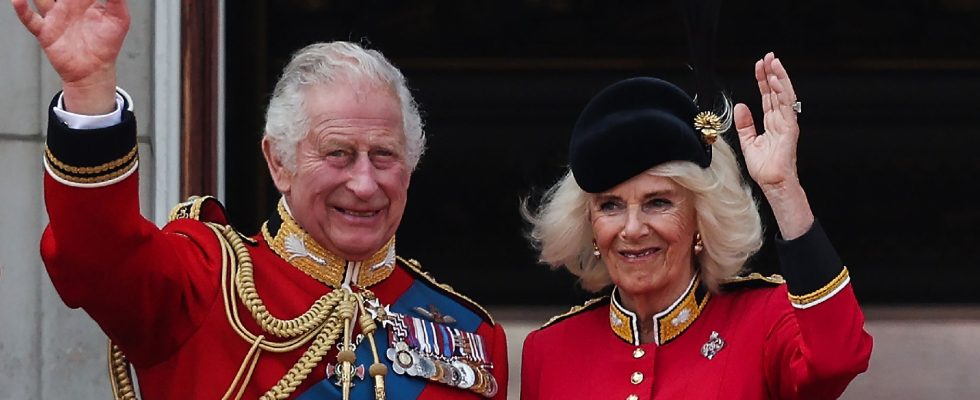“Why Bordeaux?” we asked a British diplomat last March, a few days before the ultimately postponed visit of King Charles III of England to France. Of the four days of his state visit, the king had planned to spend almost half of it in Bordeaux. If, this time, the royal program has been slightly lightened, it is in Gironde that the British sovereign’s stay will end on September 22. So why Bordeaux? Its mayor, the Green Pierre Hurmic, will willingly discuss the environmental concerns of King Charles, who will visit a biodynamic vineyard, then the Pilat dune and its surroundings, ravaged by fires in the summer of 2022. Certainly, but that is not not the deep reason for the royal choice. With a mischievous but sincere smile, the English diplomat gave us the answer: “Because it’s also a bit like home!” Charles III will, in a way, visit his lands.
You have to be an old people like those of the United Kingdom and France to attach yourself to these details which say much more than speeches. Indeed, there was a time when the King of England was also Duke of Aquitaine. And this time lasted three centuries! From 1154 to 1453, from the coronation of Henry II Plantagenet, husband of Eleanor of Aquitaine, to the battle of Castillon. This famous episode marked the end of the Hundred Years’ War. Thanks to the decisive intervention of the Breton cavalry, the armies of Charles VII of France prevailed over those of Henry VI of England. The cannonballs of the French field artillery also played a decisive role. Used on a massive scale for the first time, they defeated the formidable English archers. And it was in 1475 that Edward IV of England definitively renounced any territorial ambition in France. By the Treaty of Picquigny, he recognized Louis XI as the sole legitimate king of France.
And yet, both England and Aquitaine keep very good memories of their common destiny, hence this special friendship which continues today. It must be said that Bordeaux and its region have experienced three centuries of uninterrupted prosperity thanks to trade with England.
Sheets for wine
And, thanks to Aquitaine, the English discovered a nectar that they called “claret” and of which they bought up to… 100,000 barrels per year, or 60 million liters! Added to wine were salt and woad, which England did not produce in large enough quantities to cover its needs. The people of Bordeaux received sheets and wool from across the Channel.
This community of economic interests between England and Aquitaine had cultural and intellectual consequences. It was, for example, from the ports of Aquitaine that paper and its use by the administration spread to England in the 14th century. It is also thanks to this continental possession, located 800 kilometers from its coasts and therefore five days at sea, that the Kingdom of England developed its fleet which would become one of the most important in the Atlantic and, soon , a global maritime power.
We can say today that these close links between Aquitaine and England for three centuries have given our neighbors a taste for getting involved in the affairs of the Old Continent, which continues, post-Brexit, through a sort of integration into Europe. . But, for the medievalist historian Yves Renouard, this participation “in political vicissitudes, as in all forms of civilization on the continent, revealed to England the guidelines of the policy that it followed with such brilliance in the modern period. In Bordeaux, Charles III returned, so to speak, to his roots.
